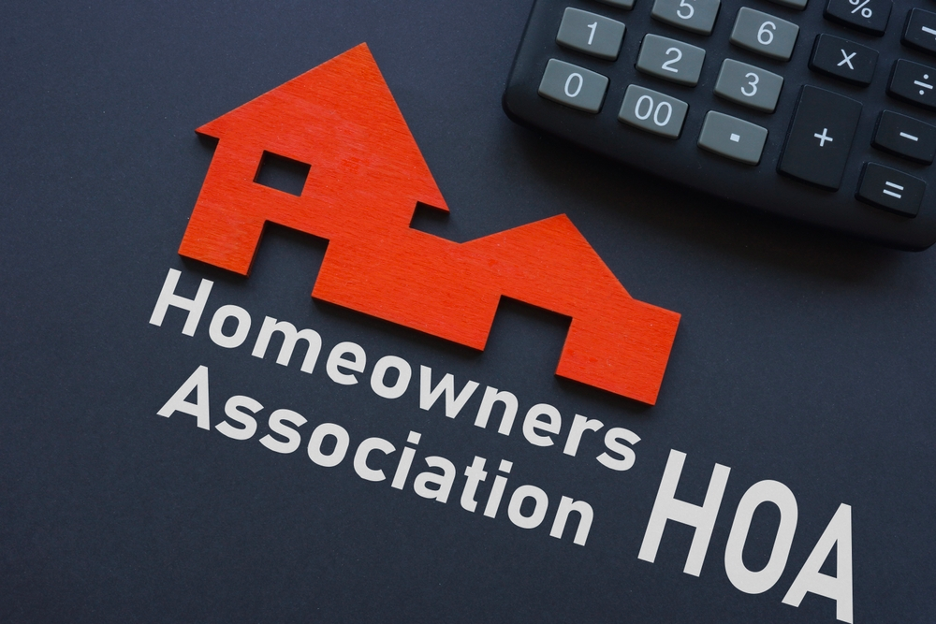According to the most recent numbers gathered by the Foundation for Community Association Research, approximately 74.2 million people are part of a homeowner’s community association in the U.S. These associations look to HOA loans as a smart way to get capital improvement projects done quickly without breaking into reserve funds.
Homeowner’s associations (HOA), cooperatives, and timeshare properties often run against the clock for property updates or much-needed repairs that require immediate attention, making an HOA loan a great option to fix things fast. As interest rates continue to rise, there’s no better time than the present, so let’s look at the basics of what an HOA loan is, how to get one, and what to expect in the process.
The Right Lender is Crucial
Working with a trustworthy and reliable lender will be the most important choice you make in securing an HOA loan. If your current bank provides HOA loans, it will likely make the application process easier.
Whichever lender you choose, it’s best to conduct thorough research on the front end to know what will be expected as far as paperwork and documentation goes. Gathering these important documents as you research will help you expedite the approval process when you’re ready to apply. This could also save your association a lot of hassle during the loan approval stages.
Payment is Made by Those Benefiting
The property owners within your community want all of the benefits their HOA or timeshare contract has to offer while they are living at the property, including improved accessibility and upgraded common areas. Making the improvements and increasing HOA fees over time to pay the loan ensures that the people enjoying the upgrades are the ones who will be rightfully paying for it.
Specific Factors Lenders Want to See
Many banks specialize in HOA loans while others offer them as a courtesy to their account holders. If you’re a member of an HOA board and searching for the best rates and terms, here are a few terms you should know in the process. Expect them to come up as you communicate with a potential lender.
- Diversity of ownership: Your association’s loan approval odds will increase if you can show diversity in ownership. When one owner has a majority stake in a concentration of units, banks tend to be less inclined to approve an HOA loan request. If your association is made up of a diverse group of owners sharing a stake in the capital project to be funded, the bank will be much more likely to approve your loan request.
- Owner-occupied units vs. rentals: When homes or timeshare units are primarily occupied by owners instead of renters, banks are more likely to offer a community association loan. Too many renters could be a red flag that association will not be able to pay back the loan through collecting increased dues, as there are legal restrictions around increases in rent.
- Delinquencies: When a lender questions your association about delinquencies in dues, they’re really trying to see how dependable monthly payments will be for replaying the HOA loan in the future. If your records show more than 10% in delinquent association fees, you might have trouble qualifying for a loan.
Getting the Loan You Need
Working with a trusted and reliable loan partner is always better than accepting a loan offer from an unknown bank. Don’t let rising interest rates keep your HOA projects waiting — start researching the right loan today.
